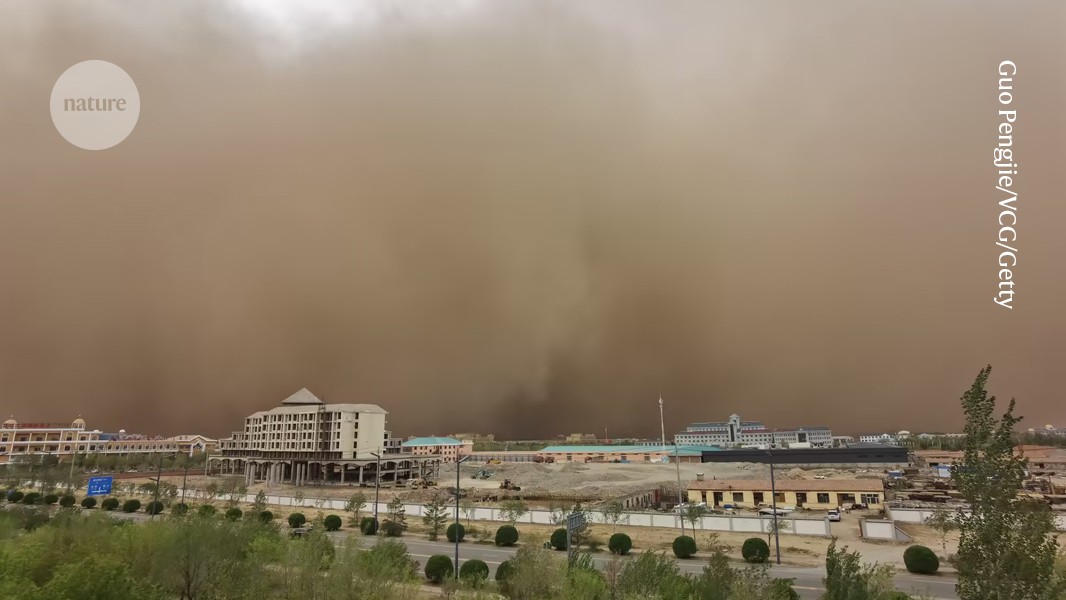
"Climate change is lengthening the conditions conducive to dust storms, presenting significant threats to human health, infrastructure, and ecosystems, particularly in vulnerable regions."
"As climate conditions shift, the increased frequency and duration of dust storms could lead to widespread public health issues, necessitating urgent policy responses to mitigate these impacts."
"The detrimental effects of dust storms underline the need for proactive measures to understand and combat the consequences of climate change on environmental stability and public wellbeing."
"Preventing health, infrastructural, and ecological ramifications of intensified dust storms calls for collaboration between scientists, policymakers, and communities to devise effective response strategies."
Climate change is significantly impacting the duration and frequency of dust storms in various regions. As atmospheric conditions become more favorable for their occurrence, these storms pose severe risks to human health, potentially increasing respiratory illnesses and other health issues. Additionally, they can damage infrastructure, disrupt transportation, and degrade ecosystems, exacerbating already existing environmental challenges. Addressing these emerging threats necessitates comprehensive strategies that involve government action, community awareness, and scientific research to mitigate the adverse effects of dust storms in the affected regions.
Read at Nature
Unable to calculate read time
Collection
[
|
...
]